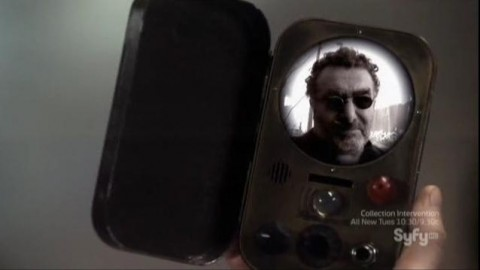I am working on decompressing the early chapters. Among other things, I'm estimating I'm hitting about 60-70% of my target word count.
But there is already too much lecture. Doesn't help to put it in dialogue, because whether Penny thinks it in narrative, makes a recording for her show, or talks about it with Amelia, it becomes lecture. From the first book, I've wanted whenever possible to have the audience feel like they are learning the material along with Penny.
Well, there's an external source available. So I'm rethinking again, and I think I really do need to have Huxley's actual "voice" (aka his writing) come through. Only in bits and quotes -- I did the same thing with Linnet's diary in the W.W.II book.
Of course that one had the big advantage that someone was always reading the entries aloud. So you were sort of getting Linnet's voice from across time. As well as drawing the parallels of the "dual timeline." And of course commentary.
So I've got period descriptions (translations from French, mostly) of Paris and Montmartre, particularly, from a social realist sort of angle.
Here is Victor Kibaltchiche describing the view from the top of the butte, where the basilica of Sacre-Coeur was under construction; "...(an) ocean of gray roofs, over which there arose at night only a few dim lights, and a great red glow from the tumultuous squares."
J.P. Contamine de Latour took a more romantic view; "...you felt as though you were hundreds of miles away from the capital... Everything about it was rustic and peaceful. Streams down the middle of streets... and birds twittered in the luxuriant greenery that covered the old, ruined walls."
The landscape changed quite a bit from the brief reign of the Paris Commune through to the end of the Third Republic and again in the post-war years. In Haussmann's time the steep terrain largely exempted Montmartre from the grand boulevards but as well from the large factories that were continually pushed further out away from the center of Paris. It remained scrub, a few surviving windmills, and when the displaced poor from what had once been the cramped warrens of the center of Paris were pushed out, they raised ramshackle hovels built of whatever was at hand and always in danger of sliding back down the hill with the next rain.
So the locations changed, the streets changed, the names changed. Trying to track down just what anything is called at a specific spot in time is always a challenge. It is particularly so here.
And that leaves me with a problem. If I were to have Huxley speak, I more or less have the references to fake it now. But I'd have to go back through all of them, take and transfer copious notes, and somehow organize them into a form where I could present a specific slice of Paris (not just Montmartre, after all) at a specific moment in time, described not with the distance and the historian's cold eye, but as a spectacle, a direct address to the senses.
I'm never going to finish this book, am I.

